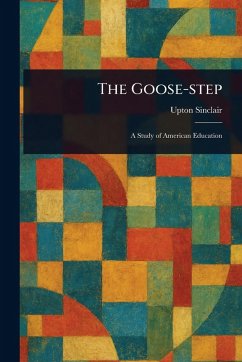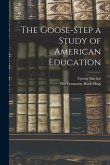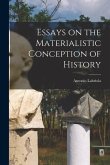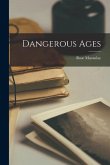Upton Sinclair's "The Goose-step: A Study of American Education" is a powerful social critique examining the state of American universities and college life in the early 20th century. Sinclair delves into the constraints on academic freedom, exploring the influences of wealth and power on the educational system. This thought-provoking work challenges readers to consider the true purpose of higher education and its role in shaping society. A searing indictment of its time, "The Goose-step" remains relevant for anyone interested in the history of American education and the ongoing debates surrounding its direction. Sinclair's meticulous investigation into the inner workings of colleges and universities offers valuable insights into the forces that shape intellectual thought and social progress. This edition brings Sinclair's important study back into print, offering a crucial perspective on the enduring challenges facing education in the United States. This work has been selected by scholars as being culturally important, and is part of the knowledge base of civilization as we know it. This work is in the public domain in the United States of America, and possibly other nations. Within the United States, you may freely copy and distribute this work, as no entity (individual or corporate) has a copyright on the body of the work. Scholars believe, and we concur, that this work is important enough to be preserved, reproduced, and made generally available to the public. We appreciate your support of the preservation process, and thank you for being an important part of keeping this knowledge alive and relevant.
Bitte wählen Sie Ihr Anliegen aus.
Rechnungen
Retourenschein anfordern
Bestellstatus
Storno









